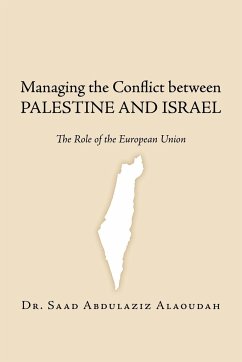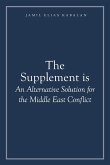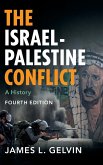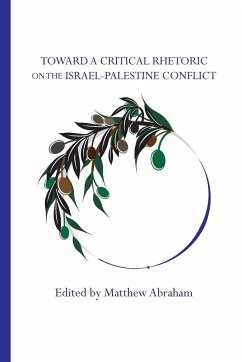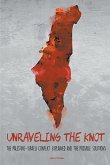This book analyses the role of the European Union in managing the conflict between Palestine and Israel. Through this, it looks at the strengths and weaknesses of the European Union in the conflict management and what were the tools used. It also highlights the successes and failures of different attempts and what future expectations that can be drawn from those experiences and a number of recommendations that could help in this conflict management. This book starts with looking at the development of the European role since its intervention in the Middle East region, the end of the Ottoman rule and the state formation of modern Middle East. It discusses European interests in the Middle East, which has been concentrated on Oil, trade and commercial, geopolitical and EU immigration concerns. It also discusses the changes in European Understandings of their role in Managing the Israeli-Arab conflict. It looks at the dynamics of the European involvement in the Middle East in the 1980s and 1990s. This book further develop its examination by looking at the reaction, reframing and confusion in managing of the conflict post 9/11, which analyses the new horizons for the political process and the indispensability of the EU role post 9/11. The book also look at the obstacles which faced the EU from playing an effective role. It studies the options for the EU and the need for a new way of thinking about conflict management and transformation. It concludes with the examination of the possible methods for the EU to play an effective role in managing the conflict.
Hinweis: Dieser Artikel kann nur an eine deutsche Lieferadresse ausgeliefert werden.
Hinweis: Dieser Artikel kann nur an eine deutsche Lieferadresse ausgeliefert werden.

